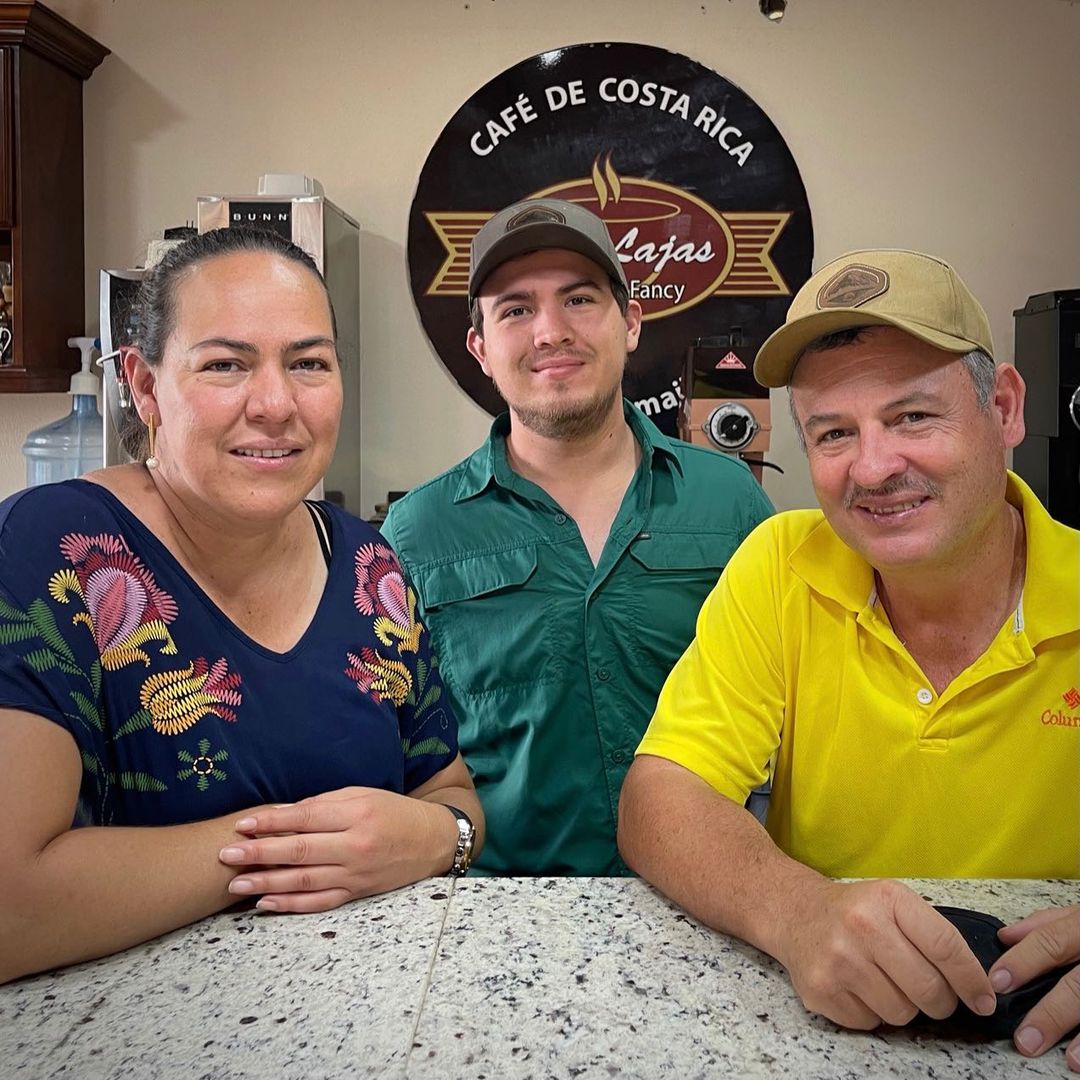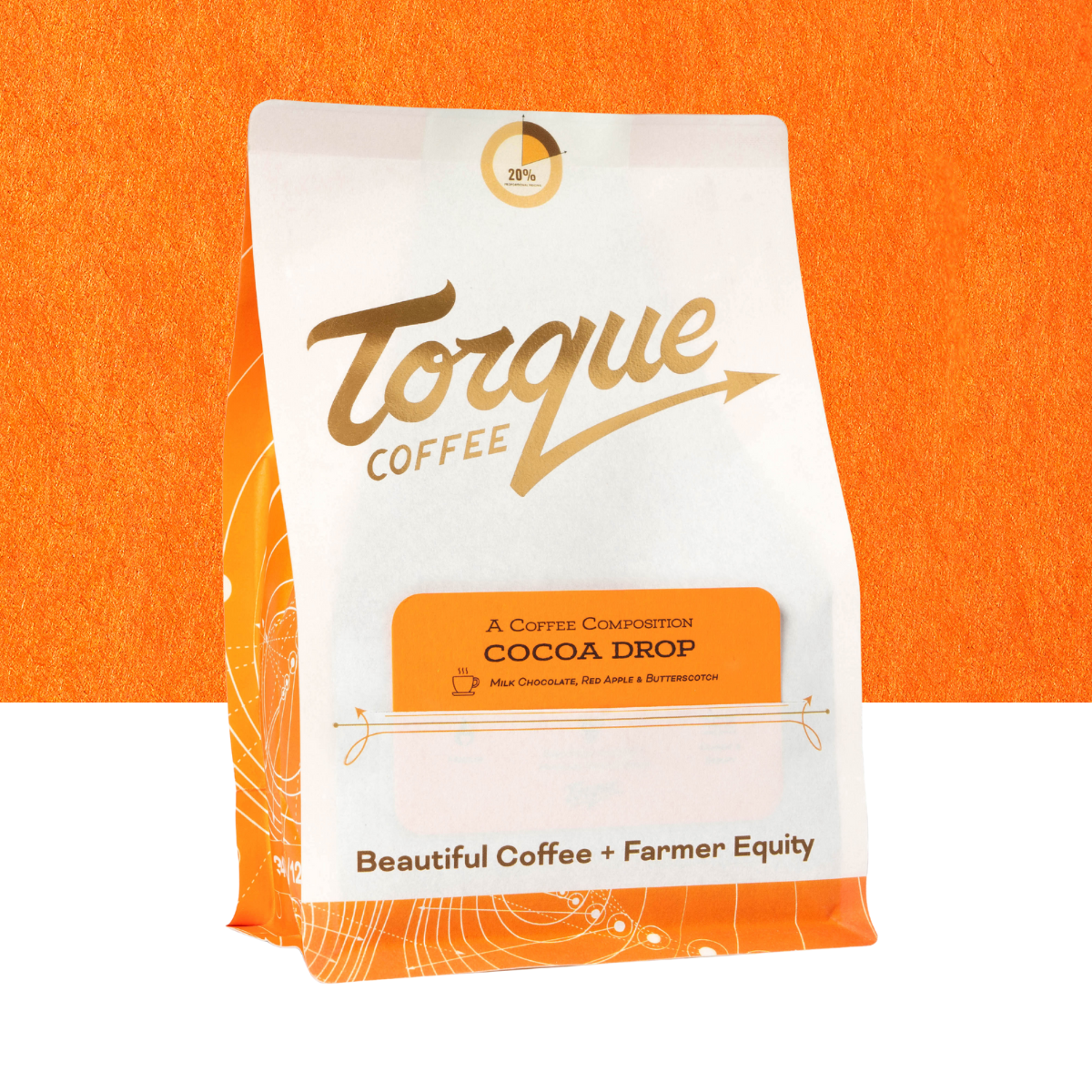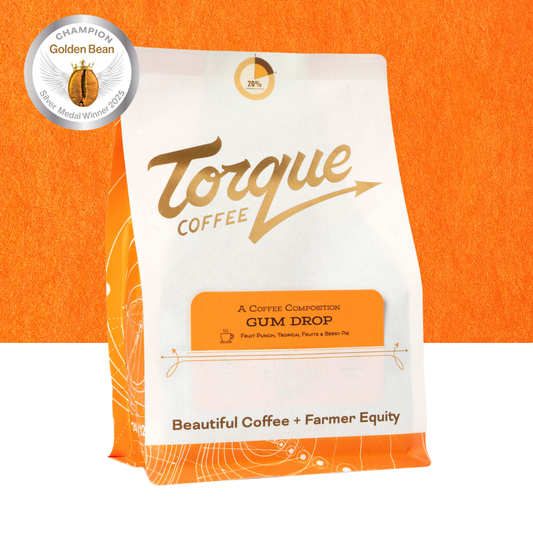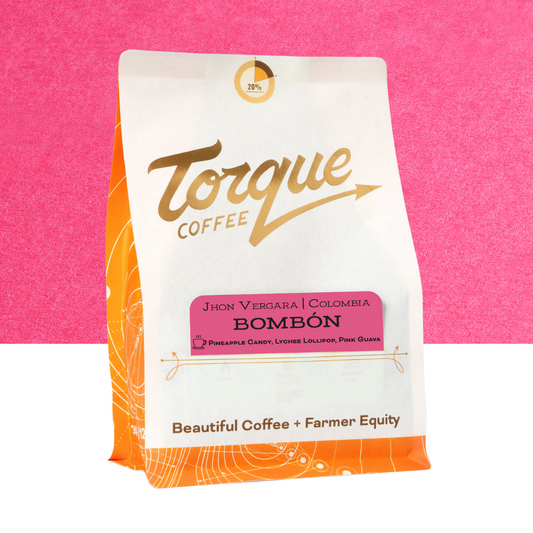
Beneficio Las Lajas, Costa Rica
Beneficio Las Lajas ranks as one of the most progressive, high-quality coffee mills in all of Costa Rica. Francisca Cubillo and Oscar Chacón are the third generation of coffee producers in Costa Rica and the first once to process their own coffee. Las Lajas is one of the few farms in Costa Rica growing Organic coffee.
Las Lajas is located in Sabanilla de Alejela Costa Rica near the base of Poas Volcano. The west Central Valley is the location of some of the best coffee in Costa Rica. Francisca and Oscar Chacon are third generation coffee farmers since 1840. When Oascar’s father passed away he inherited 5 hectares at the age of 18. He and his mom kept the legacy alive. In 1997 Fransisca and Oscar were married. Fransisca attended University in Costa Rica for an agriculture degree in coffee.
It all starts with their farming practices; Las Lajas is a certified organic farm. These third-generation producers focus on preserving the environment while maintaining the highest quality coffee.
In the 2000's they started their farming activity and began to explore coffee processing. In 2009 a massive country-wide earthquake caused widespread power outages and destruction right at the peak of their coffee harvest. Francisca had a crazy idea to try and dry their coffee with the cherry intact since that is how they do it in parts of Africa where there isn't electricity and running water in the dry season. So they spread their coffee cherries out on patios, flat roofs and even hastily built camas africanas (african style raised beds) and dried their coffee slowly in the sun. The results were this crazy black dried cherry that they called Perla Negra. And it was amazingly delicious! And history was made in Costa Rica.

Las Lajas specializes in several different types of honey-processed coffees as well as natural process coffees. Las Lajas micromill has perfected the craft of producing exceptional coffees using either method. Their Natural coffee process: Perla Negra and Alma Negra, and their Honey process: Yellow Honey, Red Honey and Black Honey consistently win awards for clarity and flavor. Black Honey refers to a method by which 100 percent of the mucilage is left after de-pulping and the coffee is turned once per day while drying. This technique allows the fruit more time to penetrate the coffee’s parchment layer, imparting a very sweet and unique profile.

Natural Process: It consists of placing the coffee cherries on African beds or patios for their drying. For this process Las Lajas chooses only 100% ripe cherries which contain a high level of sugar percentage which they test daily. (brix degrees)
This drying process allowed Las Lajas to make two different process:
The first one is called "Perla Negra", which takes a slower drying process. It is one of the most known processes of the farm because of its brightness and unique flavor.
The second one is called "Alma Negra" that takes longer to dry with higher temperatures. Its process generates intense flavors of fruits such as: dried pineapple, black olive, banana and raisins.

Honey Process: For this process, the first step is to take off the outer skin of the cherries. Once this step is finished, they immediately put the coffee beans on the patios or African beds to dehydrate.
At the moment that the coffee beans are dehydrating, we start to making three different process that are modified by mechanical demuciladging:
Yellow Honey: This contains 25% of mucilage (honey). Its flavor is sweet and acid, it is very clean coffee.
Red Honey: This contains 50% of mucilage. It has balanced between sweet - acidity and it has a full body.
Black Honey: This contains 100% of mucilage. Its dehydration process is slower, allowing an intense sweetness and generating fruit flavors, with an incredible acidity.


Magical Coffees
And then for the rarest of the rare, for those special coffees where the brix level is the highest, the fruit matured the slowest and the potential is skyhigh for truly excellent results Francisco and Oscar have created to new and much more time intensive processes.
Black Diamante
- Aerobic Natural processing
- 50% African raised bed
- 50% Patio drying
- Pick of the beginning of the harvest -highest brix
- Lower Temperatures - slower drying, continuous turning
Doble Diamante
- Anaerobic Natural processing
- 100% Patio drying
- Pick of the harvest -highest brix
- Higher Temperatures - faster drying, continuous turning


Producers: Francisca Cubillo and Oscar Chacón
Country: Costa Rica
Region: Sabanilla de Alejela
Farm: Beneficio Las Lajas
Varietal: SL-28, Bourbon, Caturra & many experimental varietals
Process: Honey, Natural, Natural Aerobic, Natural Anaerobic
Altitude: 1,250-1,750 MASL
Exporter: SMS Costa Rica
Importer: Atlantic Specialty
SCA Quality Score: 87.25 to 93.5





